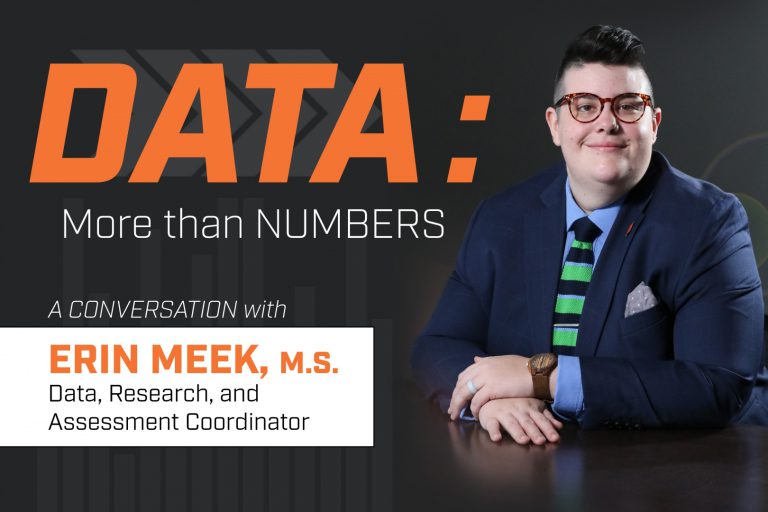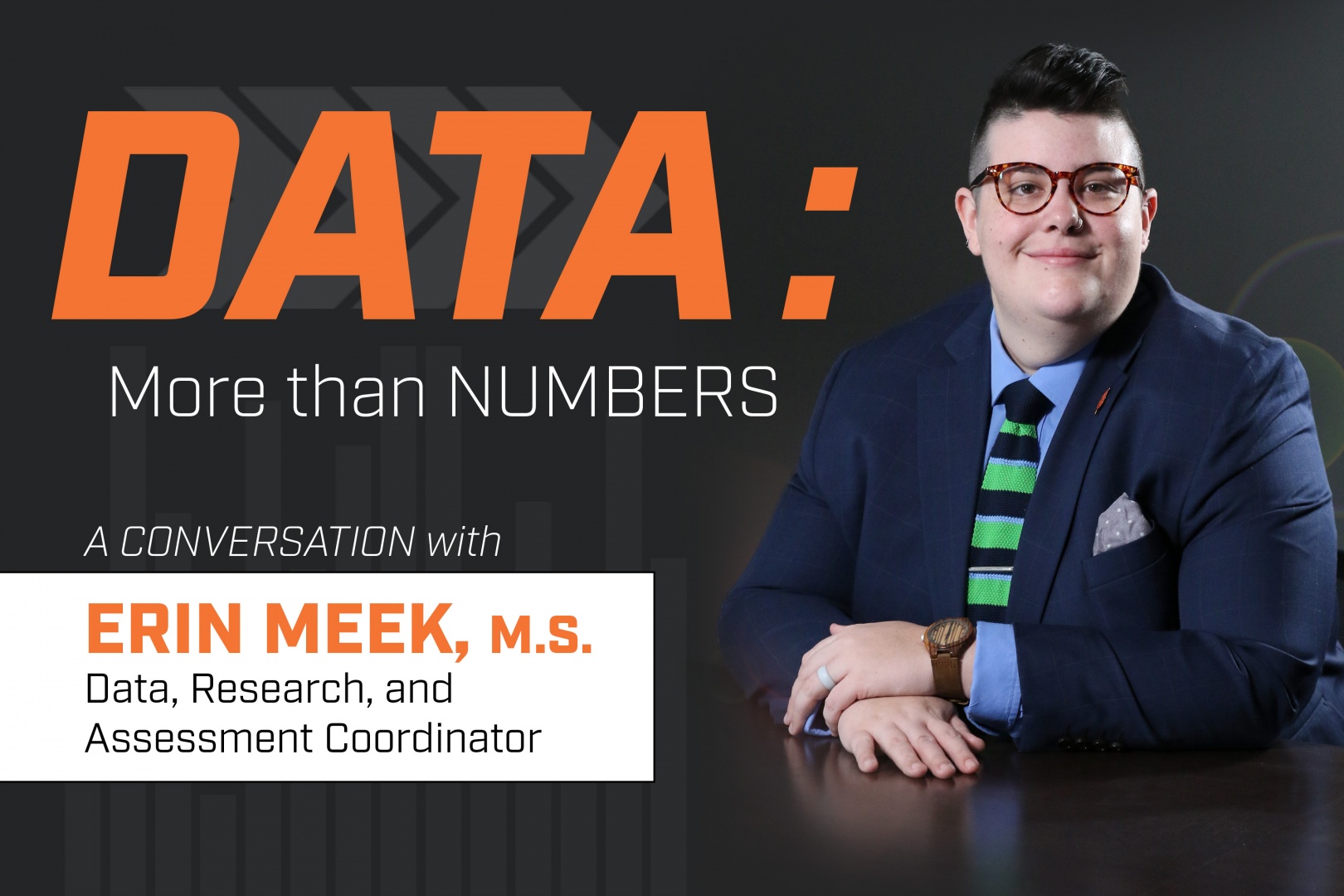

Data: More than Numbers

What does “data” mean?
“Data” means any kind of information that can be understood or proven by a set of standards. Yes, in our district this often means different sets of numbers like grades, test scores, and attendance rates. But, it can also mean measuring things that don’t always appear measurable at first glance, such as: What are we doing to meet the needs of all students, and how can we improve?; How welcome do our learners and families feel in our district? It can also mean looking for standards of equity when resources may not always be shared equally.
What path does one take to become a data scientist?
Personally, mine was long and winding. I used to be a college instructor of sociology, education, and women’s and gender studies. As a sociologist, I’m trained in the collection of all manner of data but my personal and professional stake in social justice and equity affords me a lens that centers on issues that others may at times take for granted. For these reasons, I began engaging in equity data research part-time, then eventually full time at Ames Schools this past fall. My role is to work with district and building staff to utilize existing data streams and develop new data-gathering tools to better serve our learners and community.
How does data help us become more equitable in education?
We cannot know how to meet the needs of learners if we don’t know where they truly are. This is not to say that in my opinion grades or test scores should be the final measure of any student’s performance (this is far from the truth), but they can tell us something about how particular students or groups of students are doing. Data can help us locate opportunity gaps, and if we “fill the gaps” and address what inequities may have caused them to begin with, what might the data show us the next year or the year after? Simply put, there’s nothing lost by knowing the needs of our learners, our staff, and families better. In fact, we have everything to gain, especially for those from our most historically underserved communities.
Does spending so much time on data cause us to focus only on the negatives and never on the positives?
There are so many positive outcomes to pull from the concrete action steps that Ames Schools have engaged in over the past several years, but these can’t be celebrated if we can’t see them! We must understand our whole selves, which means understanding all positive, neutral, and potentially negative knowledge about ourselves. Our district and our community deserve nothing less than transparency about where we have been in the past, where we are now, and where we hope to be in the future. Centering our work around equity means centering our work around honesty and justness. I am incredibly grateful to be engaging in this work in Ames. To me, it is about so much more than just numbers.